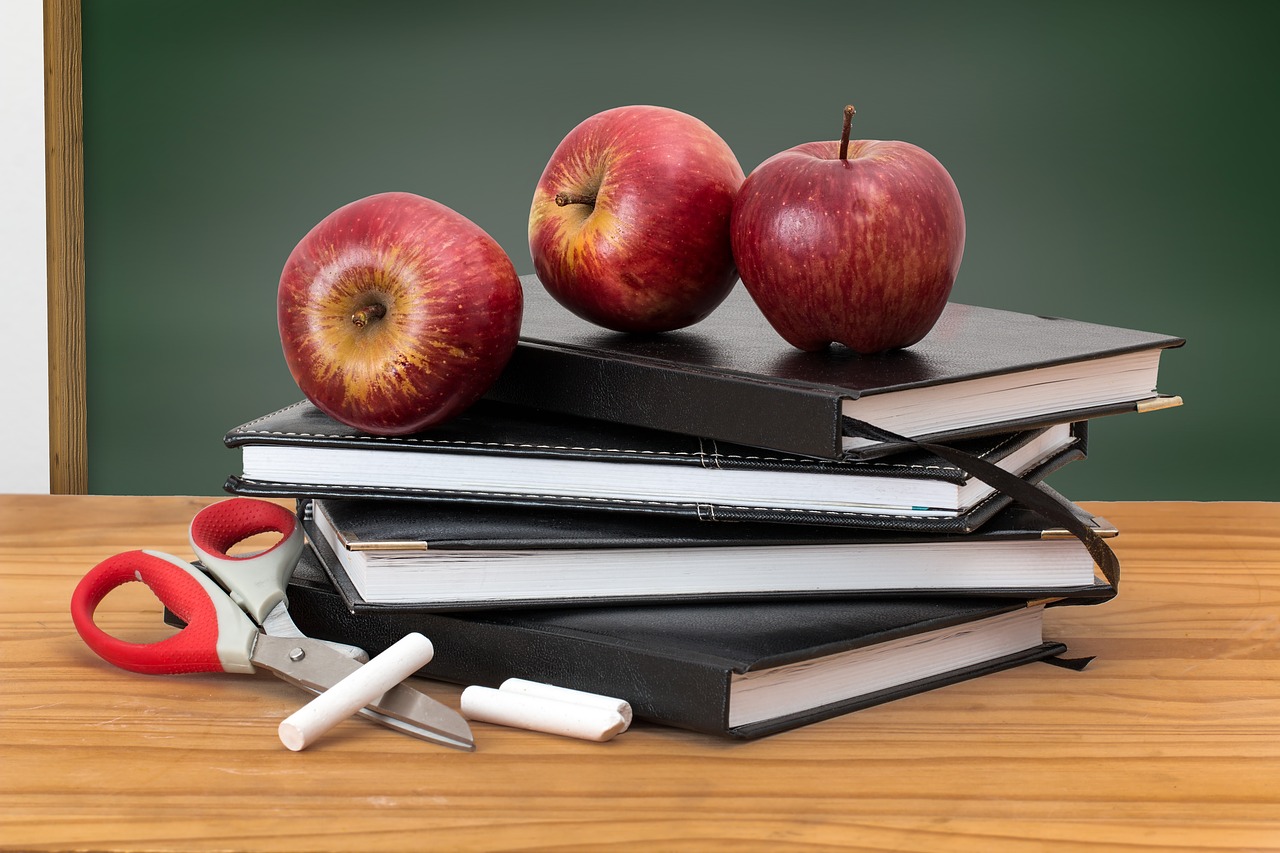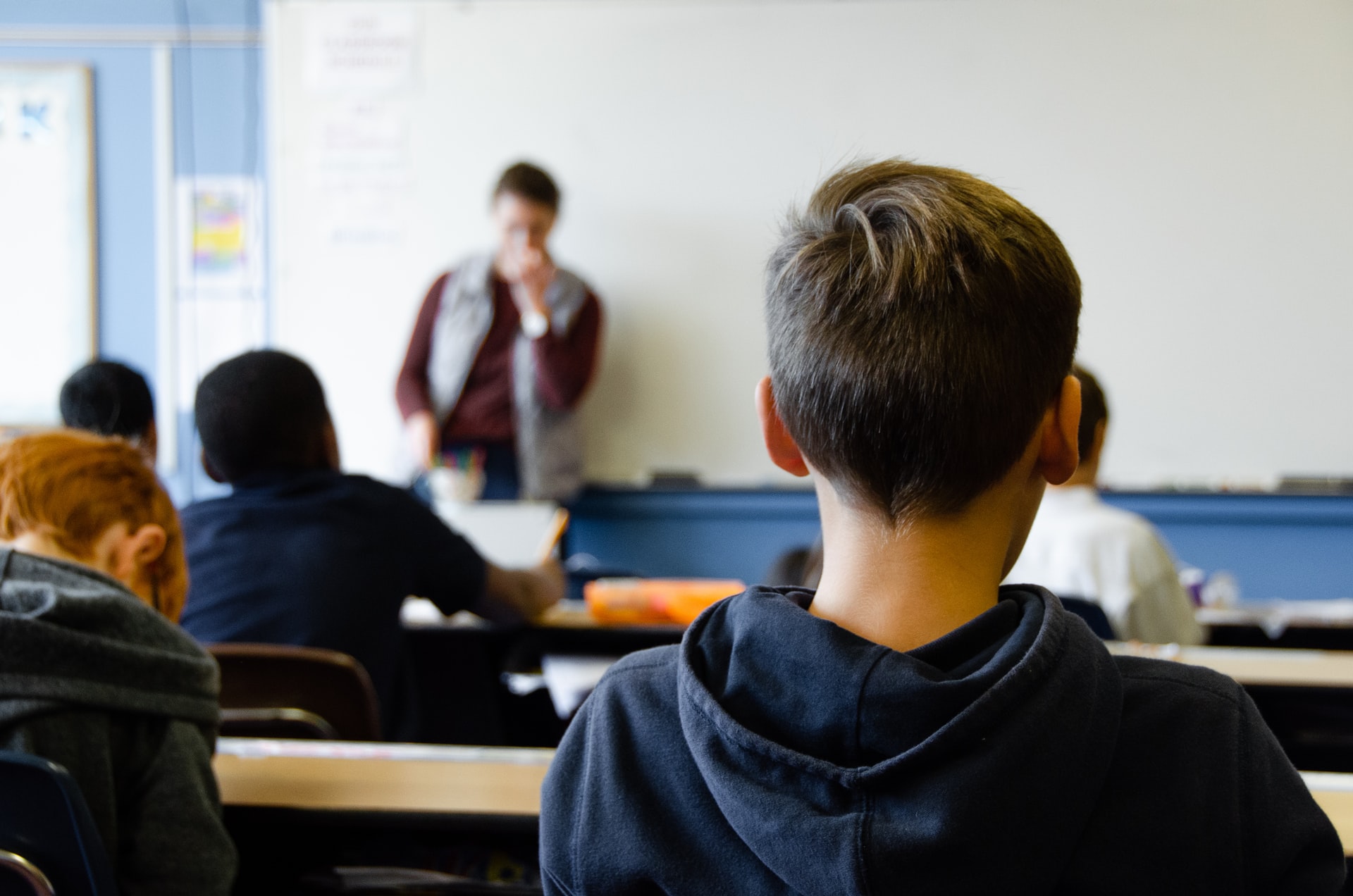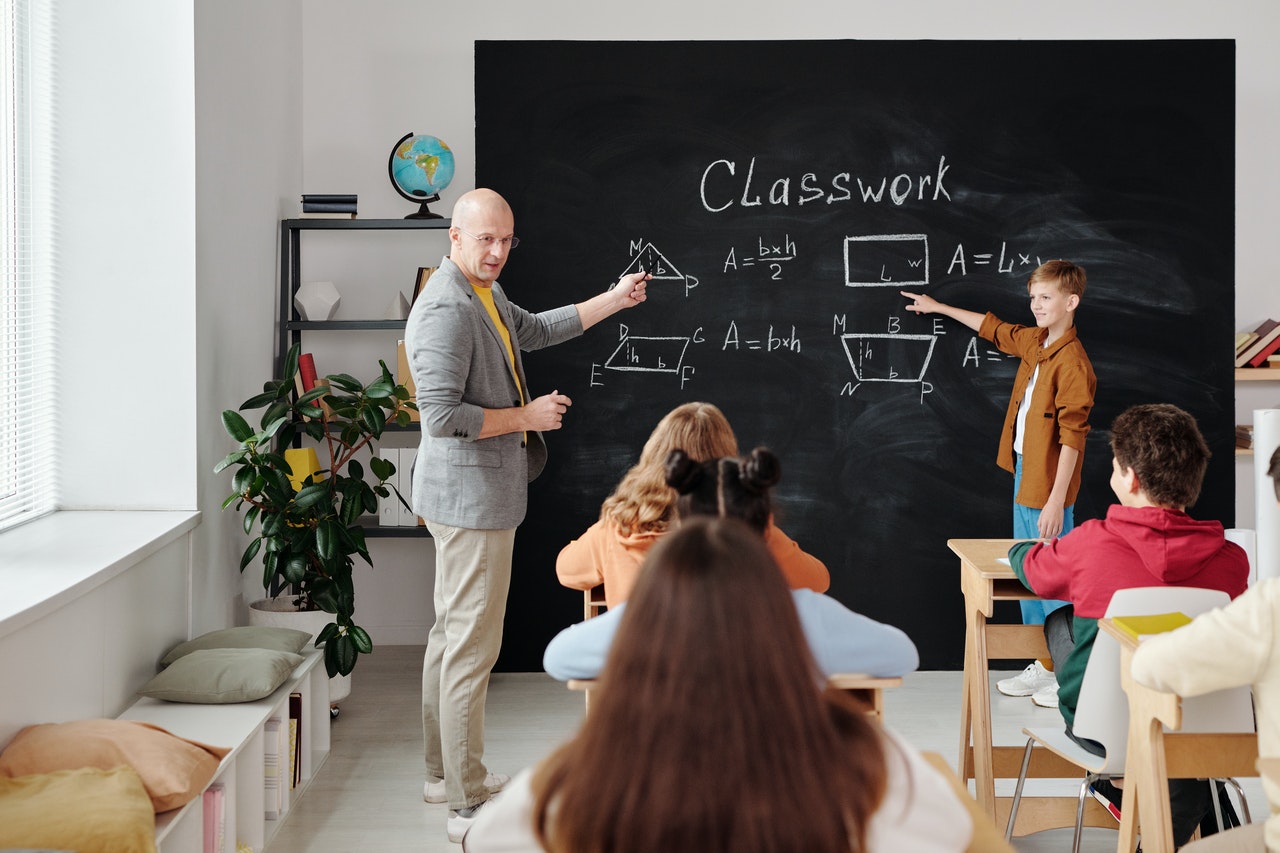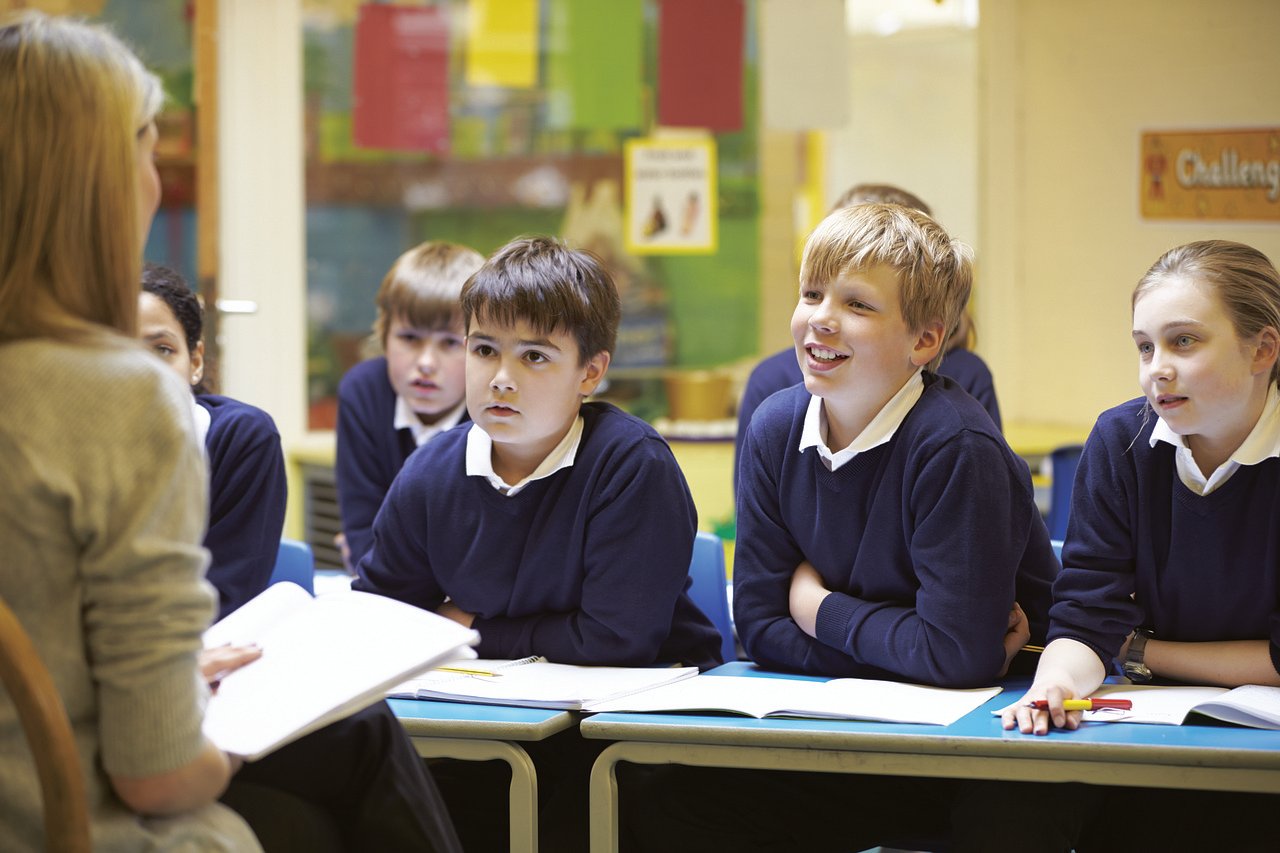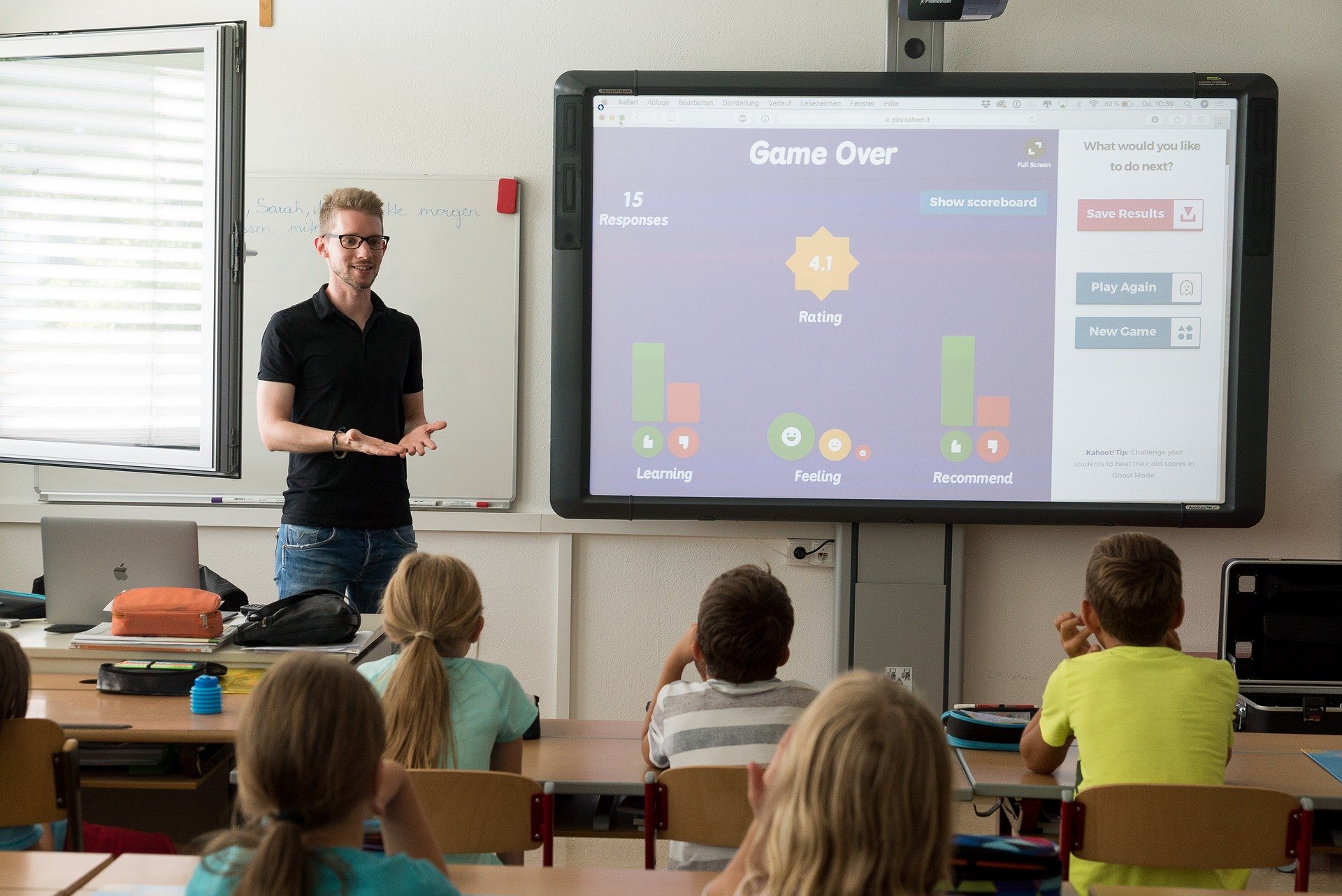4 Questions About The Flipped Classroom That Teachers Must Answer
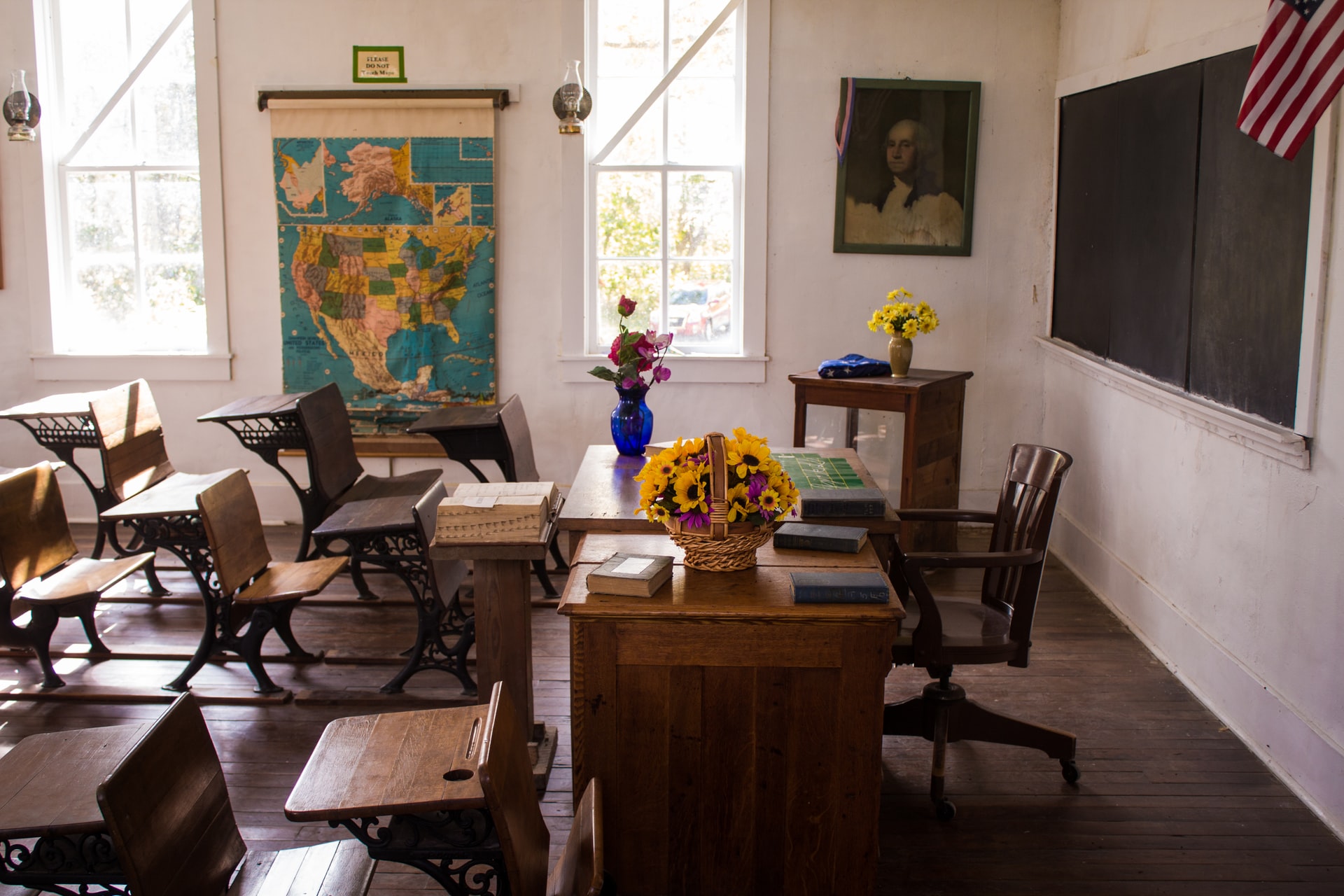
The flipped classroom is a type of blended learning that focuses on student engagement and active learning. Students arrive in the classes, having already learned a portion of the classwork in their own time. The teacher then engages in discussions with the class as a whole, and the students complete projects and assignments under supervision.
This method of teaching is becoming more and more popular every year. We will be discussing 4 questions about the flipped classroom that teachers must answer.
How Do I Ensure Sufficient Learning During Remote Learning?
As we have mentioned, flipped learning involves students arriving to class, having already studied a portion of their work. This makes it essential for the students to do work while at home remotely or in their own time. So, how do teachers ensure that students study sufficiently when at home?
There are various answers to this question. Some educators hold video conferencing calls and audio chats with their students using software such as Pedagogue. The app can create what is known as a virtual classroom, making remote learning much simpler and more efficient.
You could also simply hold class discussions during every lesson. This way, students will feel that they have to study at home to keep up with the rest of the class. Make sure that you ask engaging questions that require real thinking.
How Do I Design Class Activities?
Since teachers will not be spending their class time teaching their students, they need to make sure that they design practical activities to make lessons worthwhile. These activities should be very engaging. A few good examples include role-playing games, learning stations, and mind maps.
Physical classes are perfect for promoting teamwork and social education. For this reason, teachers should get their students to do projects and assignments in groups so that students can learn from each other.
How Do I Hold Students Accountable?
Many students prefer to let their grades suffer to put less effort into their work. The flipped classroom would not suit these types of students, making it essential for teachers to find methods to hold students accountable.
You need to describe instructions to your students in-depth. Challenge your students to class discussions based on the work that they were supposed to study at home. This will make it very obvious who did and didn’t do as they were told.
How Do I Organize Material And Content?
To have a well-designed and efficient flipped classroom, teachers need to organize their material and content efficiently. For starters, educators should prepare for their lessons by having all videos, worksheets, and other materials ready to go. They should also plan out precisely what they aim to achieve in each lesson. This will make classes more efficient and productive.
Conclusion
For the flipped classroom approach to be successful, teachers need to decide how they will ensure sufficient learning during remote learning. They must also design effective class activities and find a way to hold students accountable for the effort they put into their work. Teachers should also organize all their materials and content for lessons.

